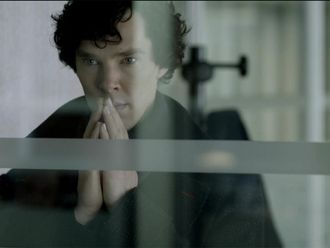
In his book, Wonderland: How Play Made the Modern World, American author Steven Johnson says: “You will find the future wherever people are having the most fun.”
Click start to play today’s Word Search, where you can find recreational objects and activities, from “boomerang” to “skate”.
In the late 1700s, there existed a shop in London, UK, called Merlin’s Mechanical Museum. Run by an eccentric Belgian inventor named John-Joseph Merlin, the museum was a treasure trove of incredible mechanical contraptions.
In 1801, an eight-year-old boy visited the museum with his mother. Merlin sensed the boy’s curiosity and wonder, and so invited him and his mum into the upstairs attic, where he showed the boy an automated dancer. The unique mechanical device took the shape of a dancing woman, with elegant, human-like movements that existed simply to delight. The boy was completely awestruck, and later wrote in his memoirs how she remained in his head even decades later.
That boy was Charles Babbage, the English polymath who is considered to be the ‘father of the computer’ for designing the first programmable computers. How much of an influence did his wonderful experience in Merlin’s Museum influence his obsession for automation?
Babbage’s experience can be seen over and over again through history, according to a December 2016 report in the National Geographic.
The 18th century, for instance, saw some of the world’s most advanced engineering, and interestingly, many of the inventions that came out of that period were objects of amusement and illusion – nothing functional in any way.
A French inventor, Jacques de Vaucanson, designed several things, the most notorious of which, was an anatomically precise duck that could walk, quack and waddle. He built it so you could feed it pellets of food and watch it processing the food and pooping it out, much to the amusement of Parisian aristocrats. It was nicknamed ‘The Defecating Duck’.
Even as he busied himself with playful inventions, de Vaucanson also set the foundation for a revolutionary, novel idea. He considered how music boxes function, and brainstormed ways to program the machine to weave patterns into cloth. His work later influenced Joseph-Marie Jacquard, who thought of the idea of using punch cards to encode instructions for a loom into paper – it became the Jacquard loom, and changed fashion forever, in France and abroad.
How closely linked are play and innovation? We can only tell by making connections in history. But the fact remains that where there is curiosity and wonder, there are possibilities for radical new developments.
Play today’s Word Search and tell us if you enjoyed it at games@gulfnews.com.









